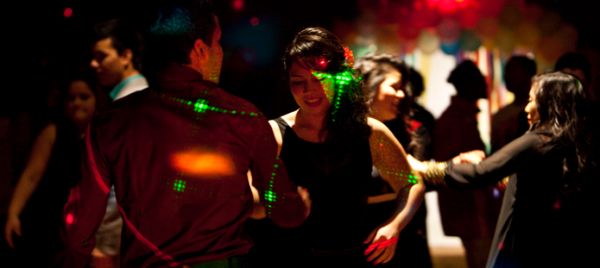DA311 - Encountering Global Dance
In this course, we will be watching dance works by a number of artists, both from the US and international contexts working with a range of forms, aesthetics, and questions. Alongside watching these works, we will be reading key theorists from social theory, dance/performance studies and postcolonial studies alongside poetry and literary texts. These offer different frameworks or sets of questions, allowing us to think through dance works as kaleidoscopes - situated and shifting in significance given our perspective. Questions will include those around narrative, realism, abstraction, space, and utopia. We will focus on the elements of bodies, time, and space. 1 unit. May meet either the Critical Perspectives: Global Cultures or Social Inequality requirement. Meets the Critical Learning: CP requirement. Meets the Equity and Power: EPG requirement. (Not offered 2025-26).
Prerequisite: Any 100 or 200 level DA, MU, or TH 1-unit course or consent of instructor.
Degree requirement — Critical Learning: CP, Equity and Power: EPG
1 unit
Previously Featured Offering

Offerings
| Term | Block | Title | Instructor | Location | Student Limit/Available | Updated |
|---|---|---|---|---|---|---|
| Fall 2024 | Block 1 | Encountering Global Dance | Pallavi Sriram | Cornerstone Art Center 301 | 25 / 13 | 08/11/2025 |



